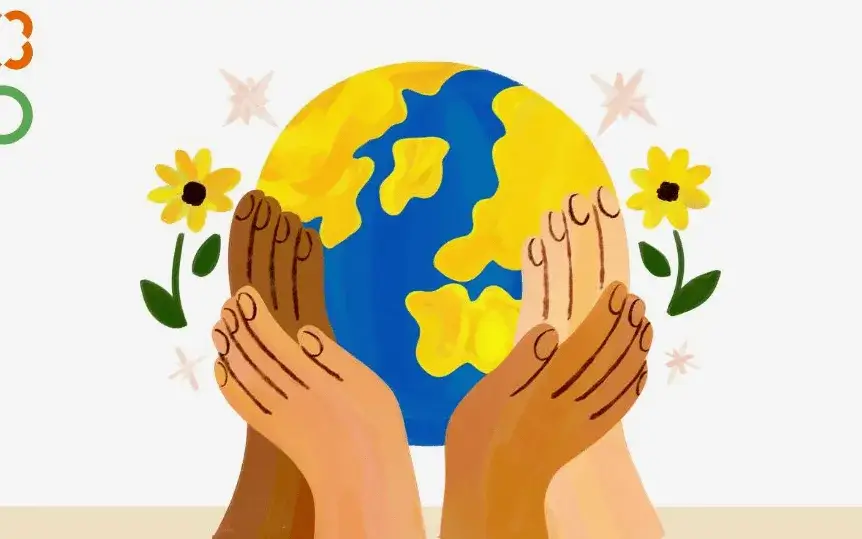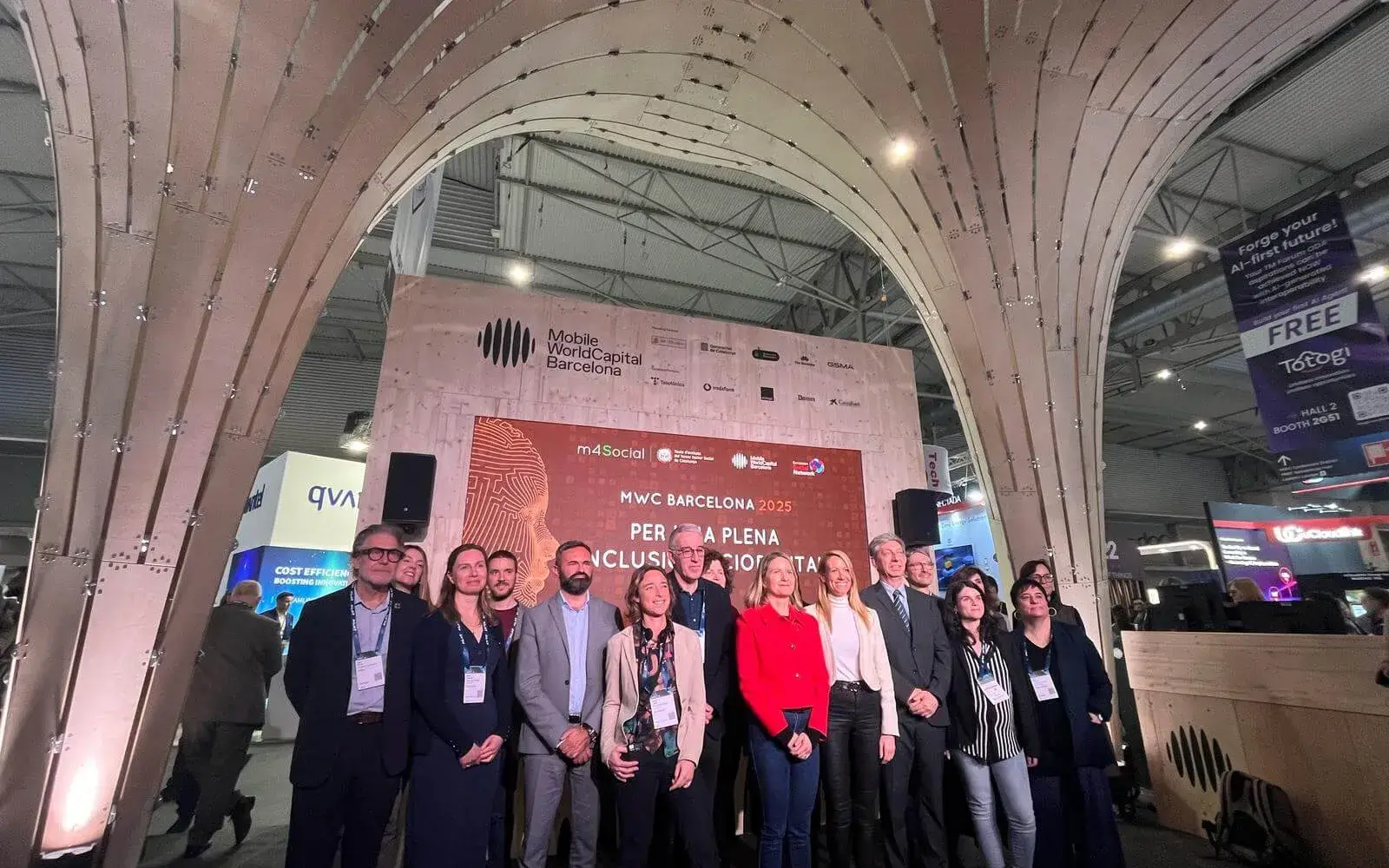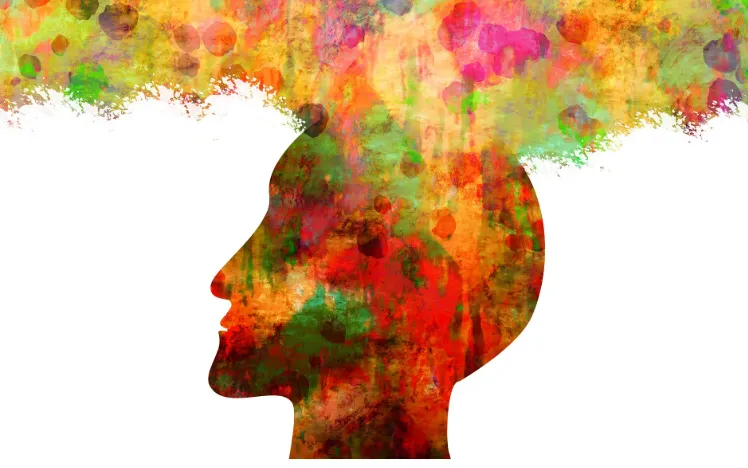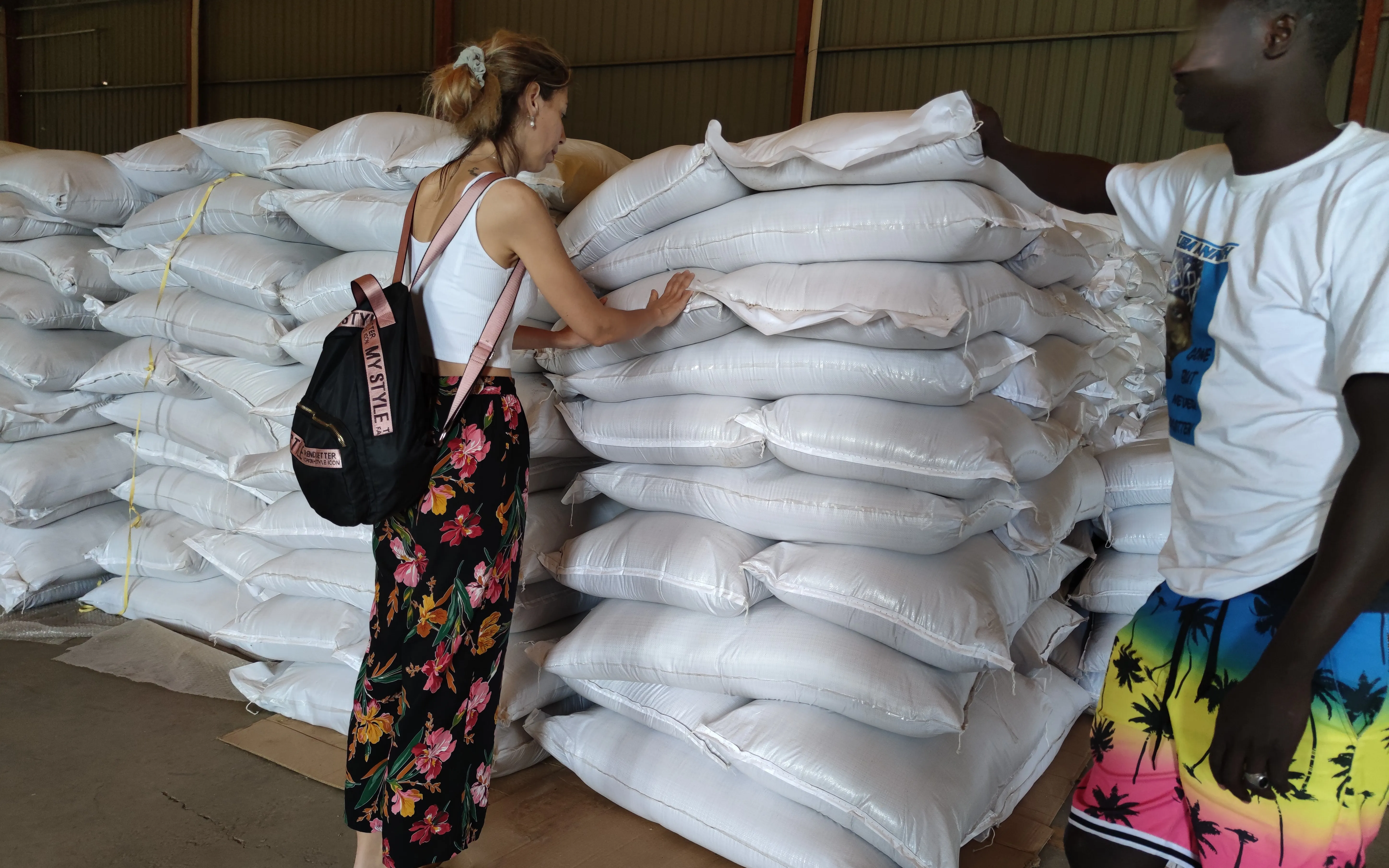Claudia Orlandini: "We build bridges between small-scale fishermen and the political institutions"
Low Impact Fishers of Europe (LIFE) is an umbrella organization which makes the voice heard of local fishermen communities. Claudia Orlandini, LIFE communications officer, tells us about the project.
The project started in 2009 with a local fishermen meeting. Since then Low Impact Fishers of Europe (LIFE) has grown and now it is a non-profit organization which helps local fishermen communities to defend their rights at the European level. Claudia Orlandini, LIFE’s chief communications officer, tells us about the project.
How would you describe Low Impact Fishers of Europe?
We are an organisation of organisations, run by fishermen, for fishermen. Low Impact Fishers of Europe (LIFE) members incorporate those fishers who tend to be smaller scale and have a generally low environmental impact but who at the same time have a high social and economic value to the communities they support and who support them. The owner will usually work aboard, they undertake mainly day trips, they have low greenhouse gas emissions per kilo of fish landed and they fish in an ever more sustainable manner.
Until today, small-scale fishers have been excluded by the decision-making process, both at national and European level. LIFE is a structure with dedicated staff that works on a full-time basis to make the voice heard of the low impact small-scale fishers heard at the institutional level and for them to sit at the tables where decisions are taken.
When did the project start?
The movement started in 2009, when the European Commission launched a wide-ranging public debate on the way EU fisheries were managed in the view to reform of the common fisheries policy (CFP). The public consultation elicited very interesting responses from EU citizens, organisations, governments. The process was also, of course, of direct interest of the European artisanal fleet.
In fact, tired of being the victims of an unjust and imbalanced policy framework, of seeing their fishing rights in the hands of a few, and feeling powerless in front of the privatization of the fish stocks, a group of small-scale fishers decided it was time for a change. And the reform of the CFP was the right moment to step in as an active part of the decision-making process.
After two important Congress in Brussels (2012) and Santiago (2013), small-scale fisher representatives from 11 EU countries created the Low Impact Fishers of Europe, a European platform run by fishers to defend the interests of fishers. Today, the platform represents more than 4000 fishers in different EU countries.
What does LIFE do?
LIFE not only speaks for its members in Brussels and elsewhere but also assists and supports those members to be heard in person at every level. LIFE provides the necessary pathway between smaller scale, low impact fishermen who are desperately in need of being able to positively influence fisheries and marine environmental policy at a European level with the range of Commission and country based officials, Member State politicians and MEPs who make and vote on the direction of travel for policies that will have a massive influence on the future for fishermen and their local communities.
At the same time, LIFE has Regional Coordinators who are dedicated to promote community building and helping fishermen develop practical projects, identify funding opportunities and support our sector to survive and thrive.
Which organisations or partners are you working with?
We do cooperate with several partners with which we share common goals. For instance we cooperate with some NGOs on environmental issues, or with economic and research institutes to evaluate the socio-economic contribution of the small-scale fleet to local communities. However it is important to stress that, even if we do share common challenges with other structures, LIFE is completely independent, has its own agenda and priorities.
What is the social impact of LIFE Platform?
The social impact of the LIFE Platform is huge because it has among its priorities local family-run businesses. For centuries, fishers have worked to feed themselves and their communities while respecting the sea, its seasons and local species. The local family-run business model puts food on the table and contributes to the household economy, respects the role of women wives and daughters – who are very often active in processing and marketing, and running the business whilst husbands and brothers are at sea, and of rearing children who will be the new generation of fishers and fishery workers.
So on the one hand it has social impact as it respects the livelihoods and the social, cultural and economic links within the communities, and on the other hand it also has a sustainable approach as it respects the marine and coastal environment because fishers use sustainable fishing practices and are committed to protect the stocks.
How has the project evolved over the years?
LIFE has evolved a lot throughout the years. From a group of fishermen meeting back in 2009 with a common goal, to a real structure with a Board of Directors composed of fishermen that meets on a timely basis, since a year dedicated staff in Brussels, Barcelona and the UK, and a growing recognition from national and European institutions that identify LIFE as the association representing the voice of the low impact fishers of Europe.
What are your future goals?
LIFE has several important goals. Among the most important one is engaging many other European small-scale fishermen and making their voice heard where decisions are made.
In parallel to this institutional work, we have a series of projects going on at local level to support our member organisations in developing their business and getting more space within the market. The product of our members are local, fresh and sustainable so it is important that administrations, professionals and consumers get to know better who are artisanal fishers and how amazing and valuable their products are.












Add new comment